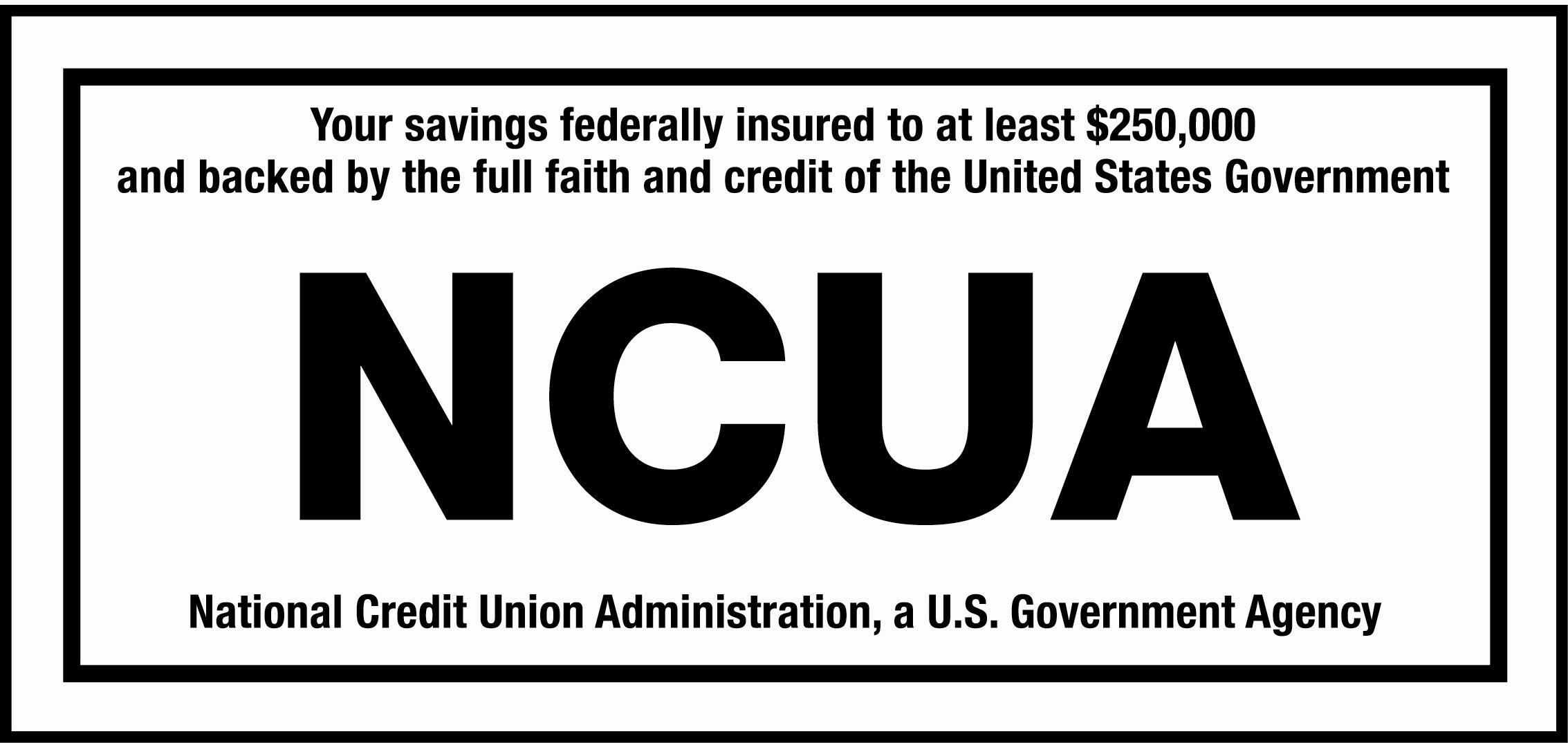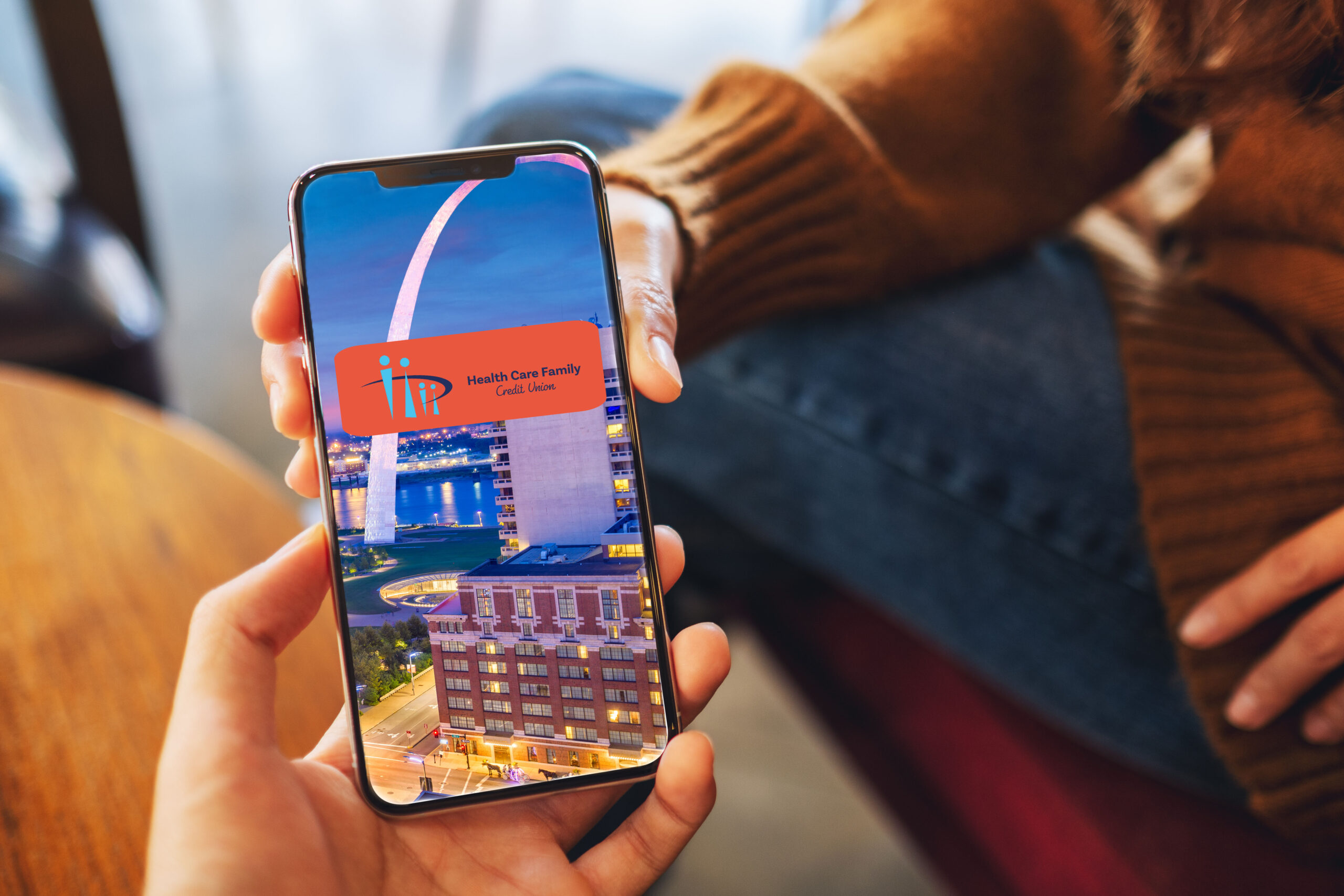Beware of Coronavirus Scams Updated
Updated: 6/17/2020
Scammers often capitalize on fear, and the Coronavirus outbreak is no exception. In fact, the World Health Organization (WHO), the Federal Trade Commission (FTC), and the Internal Revenue Service (IRS) are warning against a surge in Coronavirus phishing scams that can be difficult to spot.
How do I avoid fraud and scams?
Be skeptical of anyone contacting you asking for your personal information. The IRS will not ask you for your personal information through phone, email or text message. Check emails for misspellings and grammatical issues. Verify the source of any links sent to you prior to opening them.
Are there additional resources available to help me avoid scams?
Here is a list of additional resources to avoid scams, fraud and identity theft:
- Avoid Coronavirus Scams
- FTC Coronavirus (COVID-19) Pandemic: The FTC in Action
- FTC Coronavirus Scam Bingo
Health Care Family Credit Union Additional Resources
Here are some of the most prevalent coronavirus scams:
Employment scams
With over 10 million Americans applying for unemployment in March, employment scams are a dime a dozen. Scammers create job ads to lure unemployed consumers to fake jobs. The scammers will wire money or send a fake check to consumers and ask them to purchase goods, gift cards, or other items and then send them back to them. Don’t answer an ad that does not clearly indicate who you will be working for. Don’t ever send money. A legitimate job won’t require funds to get hired or ask you to buy anything in advance.
Fake charities. Everyone wants to help those stricken by the virus, but be sure to check out the authenticity of a charity before making your donation.
High-demand cleaning supplies and protective masks. With cleaning and disinfecting top of mind right now, scammers will promise high-demand items like hand sanitizers, disinfectants, household cleaning supplies, and masks but then never send the products. Also, be aware of fake cleaning services that promise to disinfect your home and rid it of the coronavirus.
Remote-working scams and device hijacking
More than 90% of consumers are under “stay-at-home” orders and many schools are conducting online learning. This means workers and students are using home technology services and possibly personal devices to log in to online platforms and video conferencing software. This opens up new opportunities for scammer and fraudsters to steal personal information, take over devices or listen in on conversations. Restrict access to meetings or online learning with passwords and don’t share links to meetings in a public online setting. Make sure you have firewall software installed and never click on pop-up ads that appear to be from a software vendor.
The Stimulus Check Information Scam. The FBI and IRS are warning the public to be on the lookout for stimulus relief fraud. Be cautious of any emails, text messages or calls you receive claiming to be from the IRS. Scammers are using phishing techniques such as using logos, phone numbers and fake links to request information such as social security numbers, bank, and PayPal account information. Keep in mind the IRS will never call, text or email you requesting any personal information. The IRS will use the information you provided when filing your 2018 or 2019 taxes to deliver your stimulus check. If you chose to have your refund sent via direct deposit, the account information you provided when filing your taxes will be where your stimulus check is deposited. For those that requested a paper check for their refund, a paper stimulus check will be sent to the address you filed. People can expect to start receiving their checks via direct deposit by the third week of April and mailed checks will come a little later. If you receive any fraudulent emails, calls or text messages be sure to report them to the IRS. Click here to report any scams.
The fake funding scam. In this scam, victims receive bogus emails, text messages or social media posts asking them to donate to a research team on the verge of a drug and/or vaccine for COVID-19. Unfortunately, any money donated to these “funds” will go to scammers.
The bogus health agency. Scammers send alerts appearing to be from the Centers for Disease Control and Prevention (CDC) or the WHO; however, they’re created by scammers. These emails sport the logo of the agencies that allegedly sent them, and the URL is similar to those of the agencies as well.
Victims believe these missives are sent by legitimate agencies. While some of these emails provide useful information, they often also spread misinformation. Even worse, they infect the victims’ computers with malware.
The phony purchase order. Scammers hack the computer systems at medical treatment centers to obtain information about outstanding orders for face masks and other supplies. The scammers then send the buyer a phony purchase order listing the requested supplies and demanding payment. The buyer wires payment directly into the scammer’s account.
The fake cure scam. Scammers are peddling bogus cures and vaccines. If you’re offered a drug or vaccine to fight coronavirus — especially by a company you’ve never heard of — you’re looking at a scam.
Fake charities. Everyone wants to help those stricken by the virus, but be sure to check out the authenticity of a charity before making your donation.
High-demand cleaning supplies and protective masks. With cleaning and disinfecting top of mind right now, scammers will promise high-demand items like hand sanitizers, disinfectants, household cleaning supplies, and masks but then never send the products. Also, be aware of fake cleaning services that promise to disinfect your home and rid it of the coronavirus.



